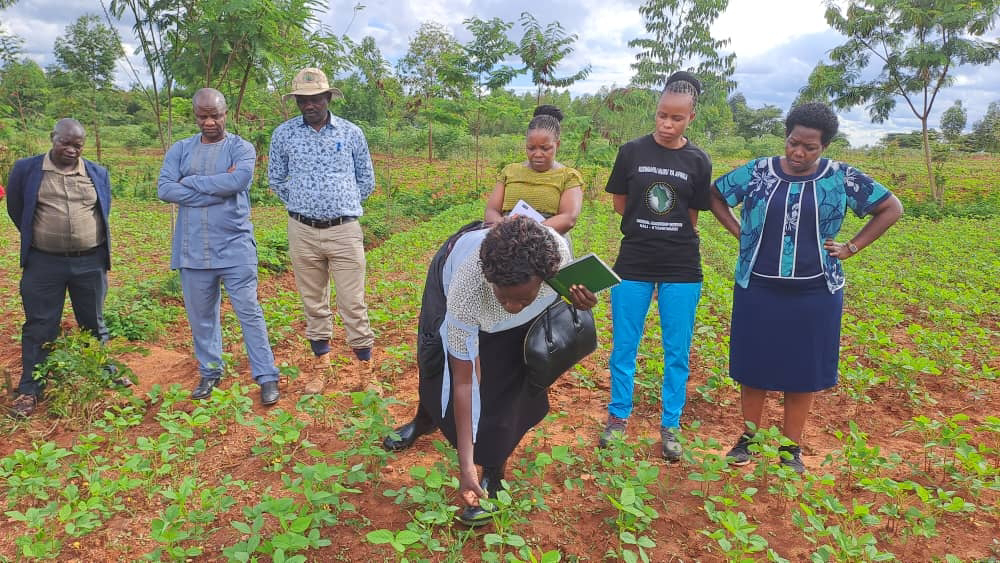Cordiad Collaboration with Local Governments: Mbale District On Progress!
The organization is currently implementing a 5-year project from 2023 – 2028; the Agricultural Governance Results Improvement Project (A-GRIP), with funding from the Embassy of the Kingdom of the Netherlands.
The Overarching objective is “Strengthened, food secure and resilient farming systems through increased accessibility, availability and quality of land tenure security, agriculture and food security services in 16 selected districts of the Busoga, Elgon, Kigezi, Lango, and Rwenzori regions in Uganda.
The project objectives include;
Increased formal and equitable land ownership under customary law (Certificate of Customary Ownership – CCOs).
Strengthened regulation and enabling policies for better agricultural and food security sector performance to match SHFs’ and communities’ needs.
General good governance and management at district level in support of improved performance by the DPM, ENR. Under the project, Elgon region has four districts which include Mbale, Bududa, Bulambuli and Kapchorwa. The A-GRIP works with three departments that are contracted. These include; Administration, Environment and Natural Resources and Production departments.
A-GRIP embraces Results-Based Financing (RBF), an approach that aims to strengthen existing government systems by paying financial rewards based on the performance of contracted parties against agreed indicators with clear pre-defined results and outputs.
A-GRIP implementation in the selected districts is overseen by the District Steering Committee (DSC) which is comprised of both the Political and Technical wing. The Chief Administrative Officer (CAO) chairs the committee and is responsible for the committee’s functionality within the district.
The DSC sits quarterly following the technical verifications done by the regional team and among their roles and responsibilities includes; validation of quarterly invoices for all the departments, advocacy, project monitoring, discussion of the PIM and tools, ensure government policies and standards are adhered to among others.
Given the key role and focus on collaboration and district-level work under the A-GRIP, the Mbale DSC was invited to participate in the invoice validation and feedback engagement today in chairman's boardroom.
DSC members in attendance included the staff from the contracted departments (Natural resources, Production and Administration), community department, district planner among others.
The DSC reviews project design and implementation to ensure its done in a way that is responsive to local needs and context.
Coordination:
DSC facilitates coordination and collaboration among different stakeholders involved in the project.
Accountability:
The committee contributes to the accountability of project implementation by monitoring progress and ensuring that resources are used effectively.
Sustainability:
By involving local stakeholders and building their capacity, DSC helps to ensure the long-term sustainability of project outcomes.
Cordiad's work curtails around integrity, humanitarian assistance, and gender equality, suggests its potential involvement in such a committee.








Comments
Post a Comment